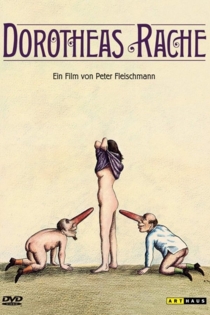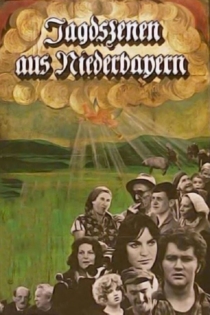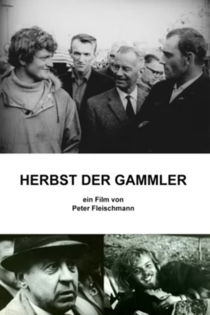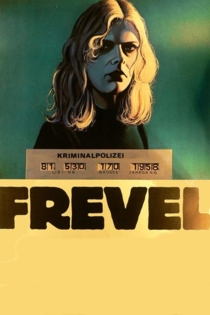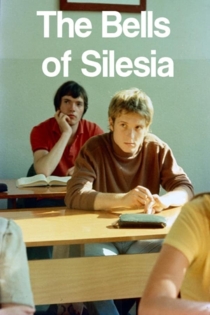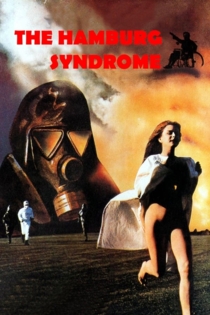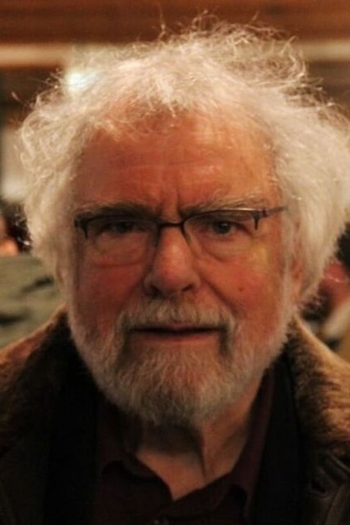
Peter Fleischmann
1937 (88 лет)Peter Fleischmann was born in Zweibrücken. He studied at the Deutsches Institut für Film und Fernsehen (German Institute of Film and Television, DIFF) in Munich and Institut des hautes études cinématographiques (IDHEC) in Paris. He had contact with representatives of the French Nouvelle Vague movement, and became a friend of Jean-Claude Carrière, with whom he later wrote screenplays. After years as an assistant director, he became a director in 1963 in short films and children's films. In 1967, he directed a documentary, Herbst der Gammler, about the Gammler subculture, which anticipated the gereration conflicts of the 1968 student movement.
His first full-length film was released in 1969, Jagdszenen aus Niederbayern, based on the play of the same name by Martin Sperr, who also played the leading role. The film reflects critically how a Bavarian village deals with outsiders, especially the homosexual character played by Sperr. The film was awarded prizes, including the Filmband in Silber of Deutscher Filmpreis. It was suggested for a nomination as the Oscars' best foreign film but was not nominated. The film made Fleischmann a representative of the New German Cinema of the 1960s and 1970s. The same year, Fleischmann and Volker Schlöndorff founded the film production company Hallelujah-Film.
In Fleischmann's later works, often the seemingly villainous character would turn out to be a good person. In Das Unheil (Havoc), with a script by Fleischmann and Martin Walser, he criticised in 1972 the provincial attitude of a Hessian small town and pollution of the environment. The film was awarded the Prix Luis Buñuel of the Cannes Festival. In Dorotheas Rache (1974), he created a provocative satire on the sexfilm wave. His 1979 film The Hamburg Syndrome (Die Hamburger Krankheit) about an unknown infectious plague in German, with actor Helmut Griem, received attention again in 2020 during the COVID-19 pandemic. ...
Source: Article "Peter Fleischmann" from Wikipedia in English, licensed under CC-BY-SA 3.0.
Weak Spot
Peter Fleischmann
Ugo Tognazzi, Michel Piccoli
Greece 1974 - during the brutal era of the military government, and innocent tourist manager (Ugo Tognazzi) is accused of being a member of the illegal resistance movement. Two secret agents (Michel Piccoli and Mario Adorf) are bringing the innocent victim to Athens. During their trip, their car breaks down, and they're stopping in a small village. From now on, everybody is fighting against each other, and a psychological cat-and mouse-play is starting...
Weak Spot
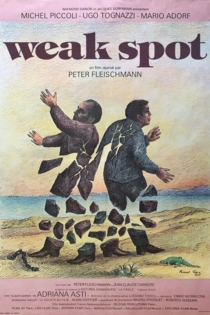
Hard to Be a God
Peter Fleischmann
Edward Żentara, Aleksandr Filippenko
Another planet in the period of medieval times. An employee of the institute of experimental history from Earth, who is send under the name of noble don Rumata of Estor as a spy with a mission to contact the local resident of the institute, arrives in the city of Arkanar. But the resident perishes under an unlucky attempt to make a palace coup, and Rumata have to take his place as the resident. Soon he meets all the horrors of the medieval society - a peasant war, palace coups, mass executions. To continue to be an indifferent watcher of all these horrors turns out to be simply impossible...
Hard to Be a God
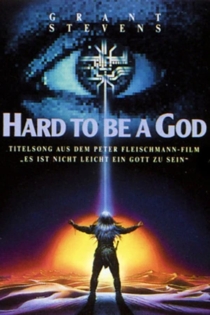
Begegnung mit Fritz Lang
Peter Fleischmann
Fritz Lang
Interview with Fritz Lang on the roof of Villa Malaparte on Capri during the filming of the fictitious film "Odysseus" and the filming of "Le mépris" by Jean-Luc Godard, in which Fritz Lang plays the role of an old film director called Lang. During the interview, excerpts from the long films "The Nibelungen", "The Tired Death" and "M" are shown.
Encounter with Fritz Lang
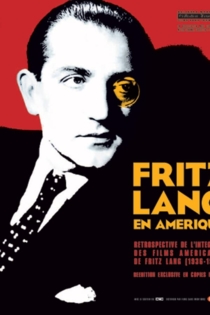
Dorotheas Rache
Peter Fleischmann
Anna Henkel-Gronemeyer, Alexander von Paczensky
Dorothea, a 16-year-old bourgeois girl from Hamburg, plays with her friends of both sexes, imitating the production of adult movies. In the end, pretending to make sex-scenes is not satisfying enough, and with a street professional, Dorothea is initiated in hard sex.
Dorothea's Revenge
